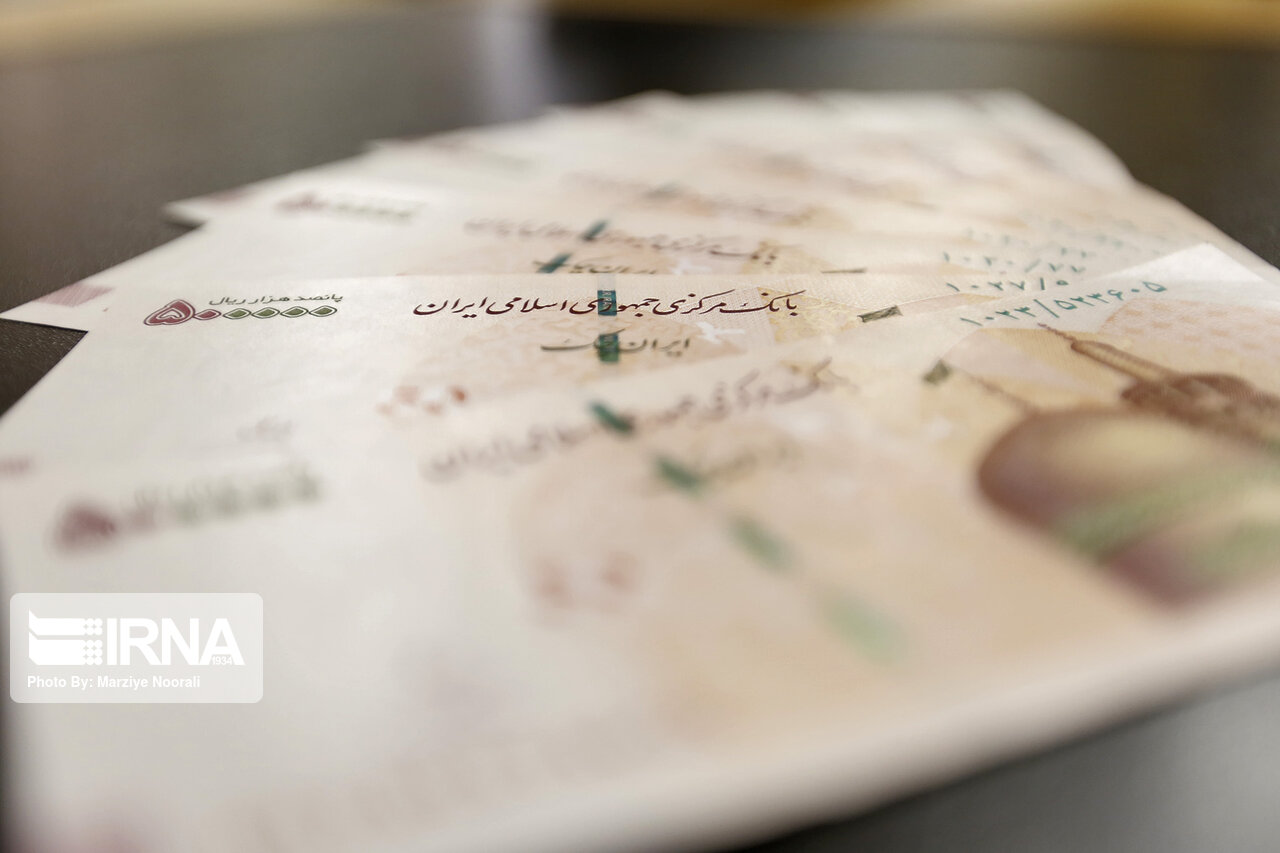International trade plays a crucial role in the economic growth of countries. One of the key facilitators in this process is the trade chamber. The Iran–Sweden Chamber of Commerce acts as a bridge, bringing together business owners, investors, and organizations from both countries. This article explores the significance of trade chambers, focusing specifically on the Iran–Sweden partnership.
What Is a Trade Chamber and Why Is It Important?
A trade chamber is an organization that supports and promotes the interests of businesses within a specific region or between two countries. These chambers often provide services such as:
-
Organizing trade fairs and exhibitions
-
Facilitating networking opportunities
-
Offering legal and regulatory guidance
-
Conducting educational seminars
The Iran–Sweden Chamber of Commerce does all these and more. By connecting Iranian and Swedish businesses, it helps in creating strong trade ties that benefit both economies.
Major Initiatives by the Iran–Sweden Chamber of Commerce
The Iran–Sweden Chamber of Commerce has launched several initiatives aimed at improving cooperation between the two nations:
-
Joint Exhibitions: As seen in the recent Iran Health exhibition and the Antique & Industry Exhibition, these events allow companies from both countries to showcase their products and services.
-
Consultation Councils: Regular meetings and consultation councils bring together key stakeholders to discuss business challenges, policy updates, and investment opportunities.
-
Business Delegations: Organizing delegations to visit factories, trade shows, and government institutions in both Iran and Sweden helps in building trust and understanding.
These initiatives contribute to a healthier business environment and encourage new companies to explore international markets.
Challenges in Iran–Sweden Business Relations
While there are many opportunities, trade relations between Iran and Sweden also face some challenges:
-
Sanctions and Regulations: International sanctions can limit the type of goods traded and create bureaucratic hurdles.
-
Cultural Differences: Business practices and legal frameworks differ between the two countries, requiring adaptation and patience.
-
Logistics and Transportation: Managing logistics across continents involves time and additional costs, especially when handling specialized products such as medical equipment.
The Chamber plays a key role in helping businesses navigate these obstacles through advisory services and direct intervention.
The Future Outlook: Strengthening Ties Through Innovation and Technology
Looking ahead, there are clear opportunities for Iran and Sweden to deepen their trade relations through technology and innovation. Fields such as:
-
Renewable energy
-
Medical technology
-
Information technology services
…offer significant growth potential. The Iran–Sweden Chamber of Commerce is expected to continue hosting specialized exhibitions and facilitating partnerships in these emerging sectors.
By focusing on long-term strategies rather than short-term gains, both countries can ensure that their economic ties remain strong and beneficial for years to come.







